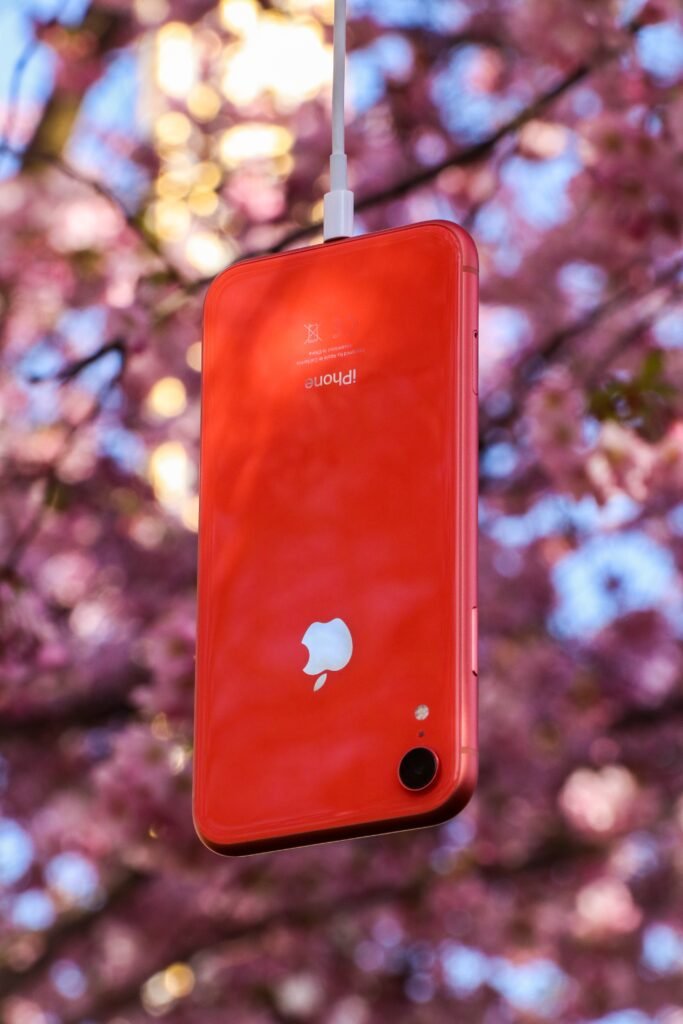
The world of smartphones, particularly Apple’s iconic iPhone, has always been a topic of fascination and discussion. One common theory that has circulated for years is that Apple intentionally slows down older iPhones to encourage users to upgrade to newer models. This theory, often referred to as “planned obsolescence,” has left many iPhone users wondering if their beloved devices are being manipulated to perform poorly. In this article, we will delve into this controversial topic and explore whether there is any truth to the claim.
Performance Over Time: It’s a known fact that electronic devices, including smartphones, can experience performance degradation over time. As iPhones age, their batteries may not hold charges as effectively, leading to slower performance. This natural wear and tear can contribute to the perception that older iPhones are intentionally slowed down.
The Battery Controversy: The controversy surrounding Apple’s alleged slowdown of older iPhones gained significant attention in 2017 when it was revealed that the company did indeed implement a feature to address battery-related issues. Apple introduced a power management feature in iOS updates to prevent unexpected shutdowns in iPhones with aging batteries. This feature, however, led to reduced peak performance under certain conditions.
Transparency and User Control: Apple’s handling of the battery issue raised concerns about transparency and user control. Users were not initially informed about the performance-throttling feature, which led to accusations of planned obsolescence. In response to the backlash, Apple introduced more transparent battery health information and the option for users to disable performance throttling in newer iOS updates.
Benchmarking and Testing: Independent benchmarking and testing have been conducted to determine whether older iPhones are intentionally slowed down. Some studies have shown that older iPhones with degraded batteries do indeed experience reduced performance, while others have suggested that Apple’s performance management is aimed at preserving device stability rather than pushing users to upgrade.
Consumer Advocacy and Legal Actions: The controversy prompted consumer advocacy groups and legal actions. Some lawsuits alleged that Apple’s actions violated consumer rights, while others sought compensation for affected users. Apple settled several lawsuits, agreeing to pay compensation and offer discounted battery replacements.
Apple’s Response: Apple has consistently denied the planned obsolescence theory, stating that it never intentionally slows down older iPhones to encourage upgrades. The company maintains that its primary goal is to deliver the best possible user experience.
The Bigger Picture: It’s important to consider the broader context of the smartphone industry. Competition is fierce, and consumers have more choices than ever. Companies like Apple must balance innovation with supporting older devices to retain customer trust.

While the controversy surrounding Apple’s handling of older iPhones and battery-related issues sparked significant debate, there is no conclusive evidence to prove that iPhones are intentionally slowed down to drive sales of newer models. However, the discussion prompted Apple to be more transparent about battery health and user control. As consumers, it’s essential to stay informed, make choices that align with our needs, and consider the overall longevity and sustainability of our devices.








